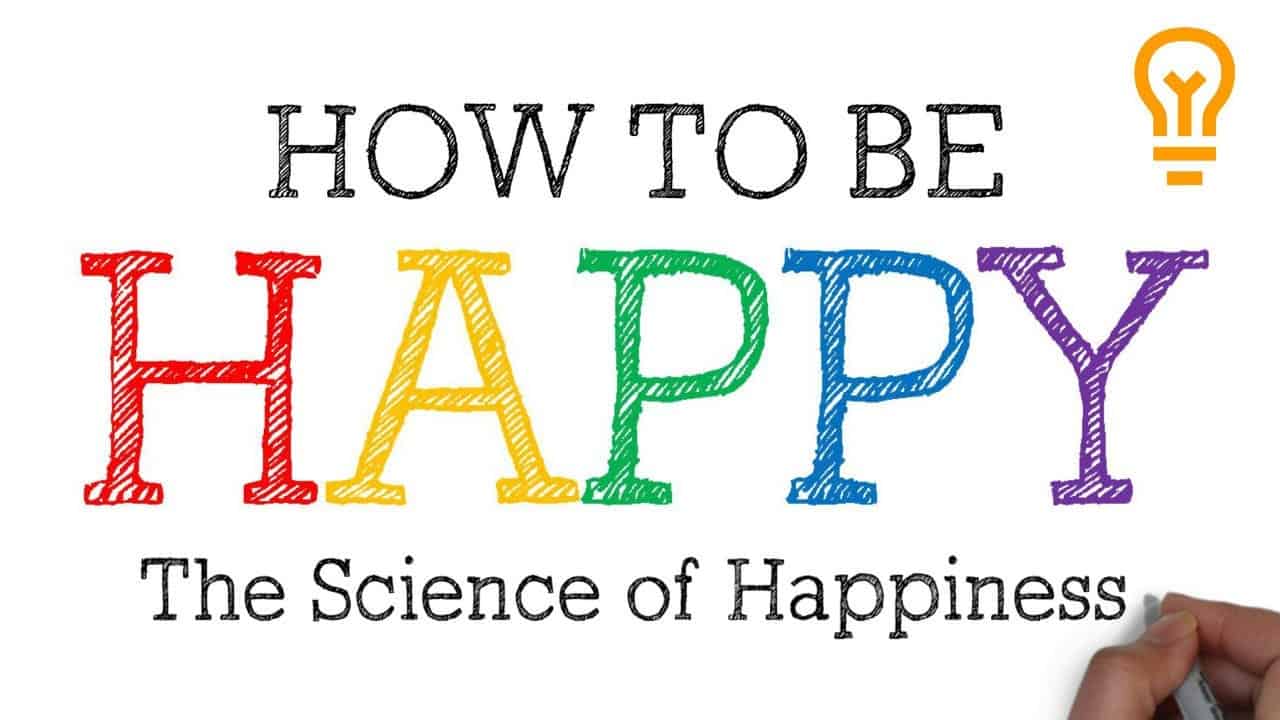When it comes to happiness, we frequently believe in myths about it, namely that achieving plans such as getting married, having children, having a good job and earning a decent living will make us happy always.
However, when they don’t, we are often develop feelings of failure, dismay and unhappiness.
Think about your life without the things you have.
When we adapt, we feel discontented and fail to acknowledge what we have, even if it is a loving partner, a great career or a financial stability. This has been called hedonic adaptation, becoming complacent with the things in our lives that made us feel good. because we are expecting them and we take them for granted.
This is a normal part of life: The “honeymoon phase” in a relationship fades after a while. Our new car loses its novelty as we continue to see it in the alley day after day.
Appreciation helps us avoid becoming spoiled and feel envious of what others have. True recognition means being grateful and enjoying what you have.
A way to appreciate: Visualize subtracting something, or someone, from your life. How would it be that if you had not met your partner, didn’t have your job, had no children? By assuming the absence of these things and how much they improve the quality of our lives, we’re more likely to appreciate them and think about the happiness they bring us.
Creating a chance for novelty.
The “element of surprise” is the key to sustaining happiness.
In relationships, for instance, the principle always retains surprises; as the relationship advances and a couple becomes better acquainted, things become normal, and they start to wonder where these primary feelings of passion and exaltation have been. The same goes for other aspects of our lives. A new career is exciting as you commit to new responsibilities, meet with your colleagues and reward yourself for doing it right, until it is boring and habitual.
When we see something new in our surroundings, we become attentive and therefore more inclined to appreciate it, to observe it and to recall it.
In addition, uncertainty in and of itself can increase the enjoyment of positive events.
We have the concern of looking for novelty – it signals learning and memory, and even activate a chemical reaction in the brain. We must aspire to create a possibility for more novelty in our lives, whether to enroll in a cooking or dance class with our partners, to undertake more difficult projects at work or to redecorate the house. The important thing is to make the old feel new again, because new is a refreshing.



